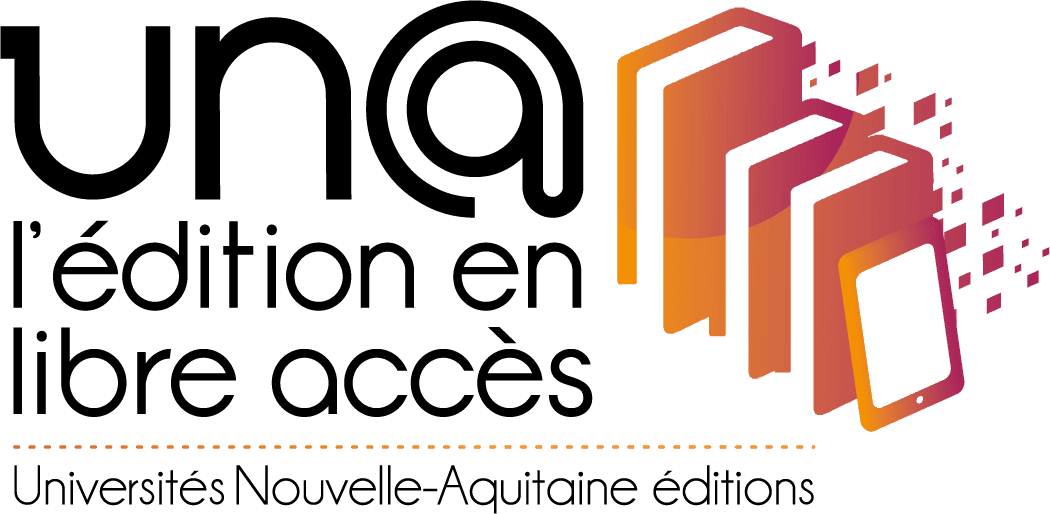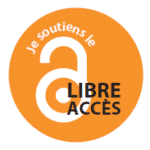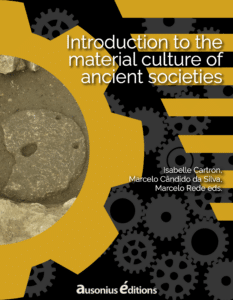UN@ est une plateforme d'édition de livres numériques pour les presses universitaires de Nouvelle-Aquitaine
Collection : V@demecum_3
par Julie Renou
The analysis of an artefact and its contexts is the “reading” of the object, some archeologists even call it “making the remains speak”.
par Adrien Bayard
The structural weakness of States in the High Middle Ages explains the importance of social ties. This fact also justifies the central place of the notion of reciprocity, the real engine of social relations.
par Gabriel Cordeiro
La Confiserie is an archaeological site located about 20 kilometres from the north of Paris. It was part of a peasant settlement built in the early Carolingian period.
Food crises are a recurring phenomenon in the history of ancient societies, whether in their catastrophic form, famine, a shortage of food or purchasing power that leads directly to excess mortality from starvation or hunger-induced diseases;
par José Fonseca
The female abbey of Hamage was founded, in the mid-seventh century, by a wealthy aristocratic family.
par Adrien Bayard
The connection between settlement patterns, settlement networks and production systems are fundamental to ancient societies.
The site of Ensérune (Hérault, France) is a major site of the Mediterranean Protohistory. At the centre of multiple linguistic and cultural contacts, this oppidum was occupied between the 6th and 1st c. BC by various populations who left several hundred inscriptions, evidence of this diversity.
par Wendy Bougraud
In ancient societies, clothing is mostly made of organic materials. Their perishable nature, difficult to identify after several centuries underground, make them archaeological artefacts still often relegated to the background of the research.
par Wendy Bougraud
The study of costume and clothing in ancient societies takes an important place in humanities research. However, from the 16th century onwards, their history was mainly considered as a minor art and used for its illustrative character serving to put History into images.
This collective work is the result of an exchange between the Universities of São Paolo (USP) and Bordeaux Montaigne (UBM) that was carried out between 2019 and 2023, thanks to funding from the French Committee for the Evaluation of University and Scientific Cooperation with Brazil (COFECUB).


